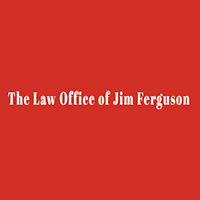Durham Divorce & Family Law Lawyer, North Carolina
Catherine Peebles
✓ VERIFIEDCriminal, Traffic, Motor Vehicle, DUI-DWI, Divorce & Family Law
Catherine was raised in Northampton County, North Carolina. She attended North Carolina State University and later went to North Carolina Central Scho... (more)
Jim Clarke Ferguson
✓ VERIFIEDCriminal, Divorce & Family Law
- Experienced defense attorney representing clients in Family Law and Criminal Law cases - Certified by the Dispute Resolution Commission as a Family... (more)
Kathy Williams Richardson
✓ VERIFIEDCriminal, Divorce & Family Law, DUI-DWI
Kathy has been practicing law since 1992, and is the founder of Kathy S. Williams P.L.L.C. Born to a military U.S. family in Okinawa, Japan, she grew ... (more)
Bobby D. Mills
Family Law, Child Custody, Child Custody, Adoption, Divorce & Family Law
Status: In Good Standing
Brooke N. Albert
Administrative Law, Alimony & Spousal Support, Alternative Energy, Antitrust
Status: In Good Standing
FREE CONSULTATION
CONTACTDewey Powell Brinkley
Domestic Violence & Neglect, , Juvenile Law, DUI-DWI, Criminal
Status: In Good Standing
FREE CONSULTATION
CONTACTDonna A. Hart
Adoption, Alimony & Spousal Support, Child Support, Children's Rights
Status: In Good Standing
Greg C McGibney
Real Estate, Estate Planning, Divorce & Family Law, Business, Family Law
Status: In Good Standing




